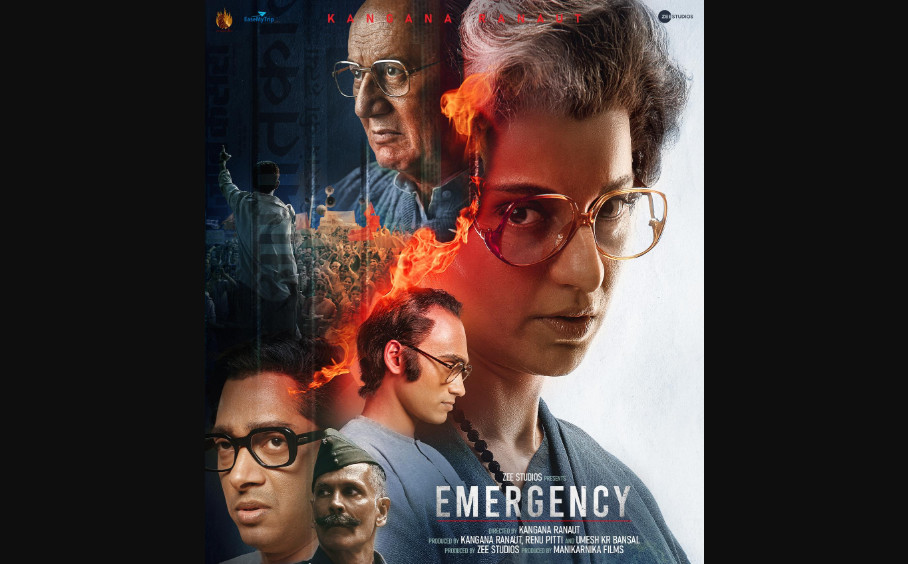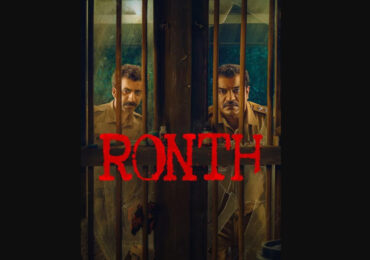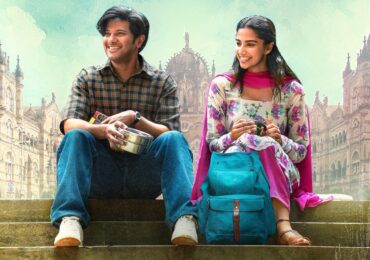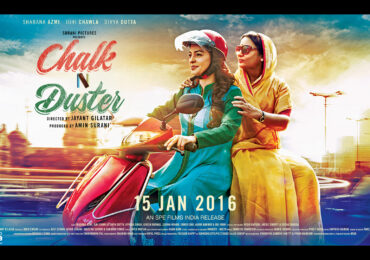Every nation has chapters in its history that leave a permanent mark. For India, one such chapter is the Emergency period of 1975–1977, when Prime Minister Indira Gandhi imposed authoritarian rule, curbing civil liberties and silencing opposition.
Emergency (2024), written, directed, and headlined by Kangana Ranaut, revisits this turbulent era. It’s a daring choice—depicting not just a critical moment in India’s democracy but also the life of one of its most polarizing leaders.
As someone who enjoys political and historical dramas, I was immediately curious. Kangana Ranaut is an actress known for her commanding performances, and here she takes on her most ambitious role yet: stepping into the shoes of Indira Gandhi herself.
Historical Context: What Was “The Emergency”?
On June 25, 1975, Indira Gandhi declared a nationwide state of emergency. The official justification was “a threat to national security,” but many historians argue that the real trigger was political survival—after a court ruling questioned the legitimacy of her election victory.
For 21 months, India experienced:
- Press censorship. Newspapers critical of the government were silenced or tightly controlled.
- Mass arrests of opposition leaders. Figures like Jayaprakash Narayan, Morarji Desai, and Atal Bihari Vajpayee were jailed without proper trial.
- Controversial social policies. Most infamously, the forced sterilization campaigns spearheaded by Sanjay Gandhi.
- Unchecked executive power. Decisions were made with little to no democratic oversight.
It was a time when the world’s largest democracy suddenly looked more like a dictatorship. This turbulent backdrop forms the foundation of Kangana’s film.
The Film at a Glance
Ranaut shoulders dual responsibility here—as director and as Indira Gandhi. The story places her at the center, exploring not just her political maneuvers but also her inner conflicts.
The film introduces several key historical figures:
- Anupam Kher as Jayaprakash Narayan, the fierce opposition leader.
- Shreyas Talpade as Atal Bihari Vajpayee, who would later become Prime Minister.
- Milind Soman as Field Marshal Sam Manekshaw, one of India’s most celebrated generals.
- Mahima Chaudhry as Pupul Jayakar, Gandhi’s close confidante.
- Vishak Nair as Sanjay Gandhi, Indira’s son and an influential—if controversial—actor behind policy decisions.
With such a lineup, Emergency positions itself as more than a biopic. It aims to be a full-blown political thriller.
Review
1. Storyline & Flow
The narrative largely unfolds through Gandhi’s perspective. We witness cabinet meetings, tense private conversations, and the fateful night when the Emergency was declared.
The film tries to balance historical facts with cinematic drama. Some moments feel grippingly authentic, while others lean toward theatrical exaggeration—painting Gandhi almost in caricature as an authoritarian.
2. Performances
Here lies the film’s biggest strength. Kangana Ranaut delivers a powerful performance. Her rigid posture, calculating gaze, and clipped dialogue all evoke Indira Gandhi convincingly.
What I especially appreciated is how Kangana captured duality: Gandhi as the cold, determined leader and Gandhi as a mother dealing with personal struggles.
3. Visuals & Music
The production design does justice to 1970s India. From dimly lit cabinet rooms to propaganda posters lining the streets, the atmosphere feels heavy and oppressive. The score amplifies this tension, though at times it feels overly manipulative.
4. Strengths
- A commanding lead performance by Kangana.
- A bold attempt to dramatize a crucial chapter of Indian history.
- Visually immersive in its period setting.
5. Weaknesses
- The narrative often feels one-sided, portraying Gandhi almost exclusively as a tyrant.
- Occasional hints of political propaganda—unsurprising given Ranaut’s affiliations today.
- Lack of grassroots perspectives; ordinary citizens’ voices are missing.
My Impressions
Walking out of the film, I felt conflicted.
On the one hand, I admired the courage to tackle such a politically sensitive subject. Kangana’s portrayal left a strong impact—one of her most striking roles yet. Even knowing her political leanings, I could still enjoy the sheer intensity of her performance.
On the other hand, the film carries a propagandist undertone. Ranaut is openly aligned with parties opposed to Congress, the very party led by Indira Gandhi. This inevitably colors the narrative, making it feel less like a balanced historical drama and more like a cinematic statement against Gandhi.
For me, Emergency works best as a political drama rather than a historical document. It provokes questions more than it provides clarity. And maybe that’s intentional.
Reflection
Watching Emergency reminded me how fragile democracy can be. When power becomes concentrated in one individual, freedoms can vanish overnight. What happened in India during the 1970s could, in theory, happen anywhere.
The film also underscores that history is never static. It’s rewritten, reinterpreted, and retold depending on who holds the pen—or the camera.
Conclusion
Emergency is far from flawless. It’s biased, sometimes heavy-handed, and often feels politically motivated. But it is also bold, provocative, and unwilling to shy away from uncomfortable truths.
For newcomers, it’s a dramatic entry point into a critical historical moment, though additional reading is essential for context. For fans of political thrillers, it offers tension, spectacle, and a standout performance by Kangana Ranaut.
For me personally, Emergency is a film worth watching—not as history, but as a conversation starter about power, democracy, and the way cinema shapes our memory of the past.
What do you think—should films revisit dark chapters of history even if they come with political bias? Or does that risk distorting memory instead of preserving it?
Topik terkait: #Emergency 2024 film, #Indian political history, #Indira Gandhi biopic, #Kangana Ranaut performance, #The Emergency India

 Read also:
Read also:  Read also:
Read also: 




